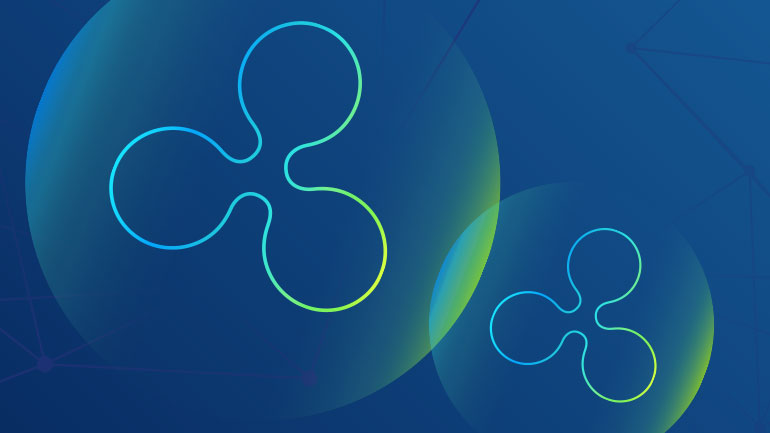Ripple is a real-time gross settlement system (RTGS), currency exchange, and remittance network by Ripple.
Also called the Ripple Transaction Protocol (RTXP) or Ripple protocol is built upon a distributed open-source Internet protocol, consensus ledger, and native cryptocurrency called XRP (ripples).
Released in 2012, Ripple purports to enable secure, instantly, and nearly free global financial transactions of any size with no chargebacks.
It supports tokens representing fiat currency, cryptocurrency, commodity, or any other unit of value such as frequent flier miles or mobile minutes.
1) Very efficient
With XRP, cross-border payments can be completed in under 5 seconds. Compared to a regular bank transfer-which could take upwards of three days to process. Blockchain technology allows transfers to be processed without third parties.
Since there are no middlemen, it saves money on fees and reduces delays in processing time. In fact, because blockchain is decentralized, you don’t have to worry about your funds being tied up in red tape or held for long periods of time.
2) Not subject to the whims of a particular government or central bank
One of Ripple’s biggest advantages is that it’s a distributed network, which means it can operate and continue to function even if one party goes offline. In contrast, transactions on conventional payment networks rely on centralized organizations such as banks or credit card companies. If these organizations fail or are just slow at processing payments-then, your money could be tied up for hours or days.
3) Cross-border payments are easy
Worldwide transfers take only seconds to complete, allowing money to move as fast as a business these days. Because there are no bank account details or SWIFT codes involved in transactions with Ripple, there are fewer errors and no worry about sending to or receiving from a different bank than intended. Cross-border payments can occur 24 hours a day: Since payments made via Ripple do not require pre-funded local currency accounts around the world, transactions can occur at any time of day and are not subject to time zone differences.
4) There are several ways to earn XRP
Buy them on an exchange like Bitstamp, Gatehub, or Kraken. Buy XRP directly from another person using LocalXRP. Give one of your existing digital assets to someone else in exchange for XRP (i.e., Bitcoin for XRP). Receive payment for goods or services directly in XRP through Bitsy or Gatehub.
Complete micro-tasks for IOU payouts. Open an account with Bitstamp and receive $10 worth of XRP by clicking here. Create your own business that accepts payments in cryptocurrency, especially XRP. For example, run a cafe and want to accept Bitcoin as payment instead of dollars.
You can easily do so with the OpenCoin Inc S Coinify service. Coinify offers simple plugins for most eCommerce platforms and takes care of everything related to converting your cryptocurrency into fiat currency, such as dollars and euros – which are sent directly into your bank account every day.
5) low transaction fees
In today’s fast-paced digital economy, payments take too long and cost too much. That’s why we built Ripple: to enable banks to transact directly and instantly across national borders. There are no currency exchange costs and no need to build a worldwide network of financial intermediaries to process transactions with Ripple.
Send money globally for pennies. Operate 24 hours a day, 365 days a year. Transactions require only ~6 seconds – comparable with any other centralized system such as Visa or MasterCard but without their hefty fees.
Final Thought
People are attracted to things that are different, and if there’s one thing that stands out with Ripple, it’s that. The company is pioneering a novel way of handling transactions. It has developed a solid working product in just a few years.
If you’re interested in cryptocurrency or international payments, you should definitely look into Ripple. It may be able to help your business streamline its payment processes while also saving money on fees.


